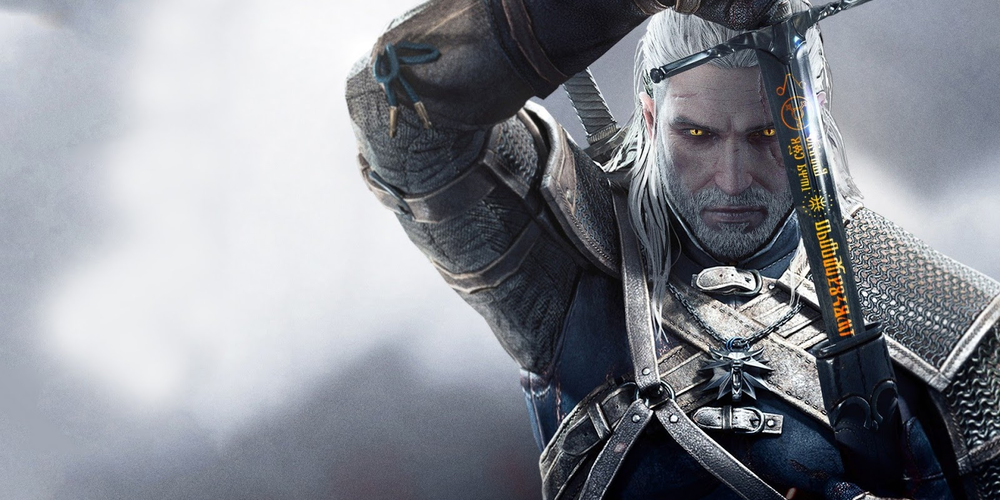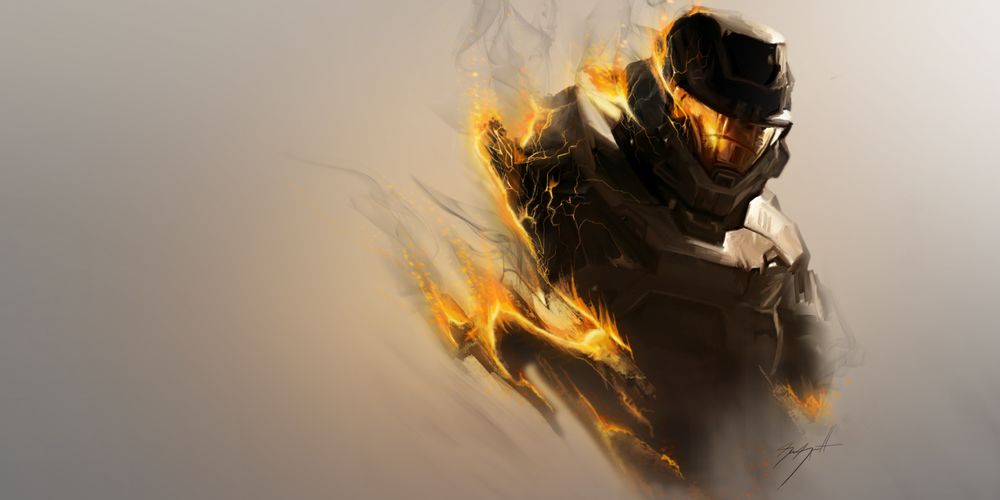Unlocking New Dimensions: The Role of Novels and Comics in Video Game Lore
- 1034

From the vivid screens of our favorite consoles and computers, the universes of video games often extend far beyond their digital origins. As fans yearn for more content and deeper connections to the worlds they've spent hours exploring, the realm of literature becomes a natural extension. Novels and comics based on video games have grown from niche offerings to a significant part of the gaming culture, providing an invaluable bridge between the interactive experiences of video games and the narrative depth of written stories.
At first glance, video game novels and comics might seem like mere merchandise, designed to capitalize on the popularity of their digital counterparts. However, they play a crucial role in the gaming ecosystem, expanding universes far beyond what's possible in the games themselves. Through the written word, aspects of the story that may have been hinted at or remained unexplored in games are fleshed out, offering fans insights into the backgrounds of their favorite characters, the lore of the world, and the aftermath of major events. This added depth not only enriches the gaming experience but also allows fans to stay engaged with the universe even when away from their consoles.
The Synergy Between Page and Pixel

One of the most fascinating aspects of video game novels and comics is their ability to complement the gaming experience. While games are bound by the limitations of technology and gameplay mechanics, literature faces no such boundaries. This contrast allows writers to explore characters' inner thoughts, elaborate on complex histories, and even tell stories from alternative perspectives. Moreover, these narratives can bridge gaps between game installments, offering continuity and context that enhance the overall storyline. This synergy between page and pixel creates a more immersive and cohesive universe for fans to delve into.
The Impact on Fan Engagement
The introduction of novels and comics into video game universes has significantly impacted how fans interact with their favorite franchises. Literature allows fans to dive deeper into the game worlds, encouraging a more active and engaged community. Forums, social media platforms, and fan conventions often buzz with discussions about theories, character analyses, and plot predictions based on the latest book or comic release. This level of engagement not only keeps the community alive between game releases but also fosters a richer, more connected fan culture.
Notable Examples and Their Contributions

Certain franchises have become exemplary in how they blend video gaming and literature to expand their universes. The Witcher series, for example, began as novels before becoming internationally recognized through video games, demonstrating a rare reverse migration from page to pixel. Meanwhile, franchises like Halo and Mass Effect have significantly expanded their lore through novels and comics, giving fans a deeper understanding of their complex worlds. These texts often explore side stories or historical events not covered in the games, providing a more comprehensive view of the universe.
Challenges and Considerations
While the fusion of video games and literature offers numerous benefits, it's not without its challenges. Ensuring that the narratives remain consistent across different media can be daunting. The risk of creating plot inconsistencies or retconning established lore is always present. Moreover, the quality of these literary extensions can vary, with some failing to capture the essence of their source material. Publishers and developers must carefully curate these works, ensuring they align with the game's universe and meet the high standards fans expect.
In conclusion, novels and comics based on video games have become an integral part of the gaming culture, offering fans new ways to explore and connect with their favorite universes. These literary extensions provide depth and continuity that enrich the gaming experience, fostering a more engaged and passionate fan community. As the industry continues to evolve, the relationship between video games and literature promises to bring even more exciting opportunities for storytelling and fan engagement.
